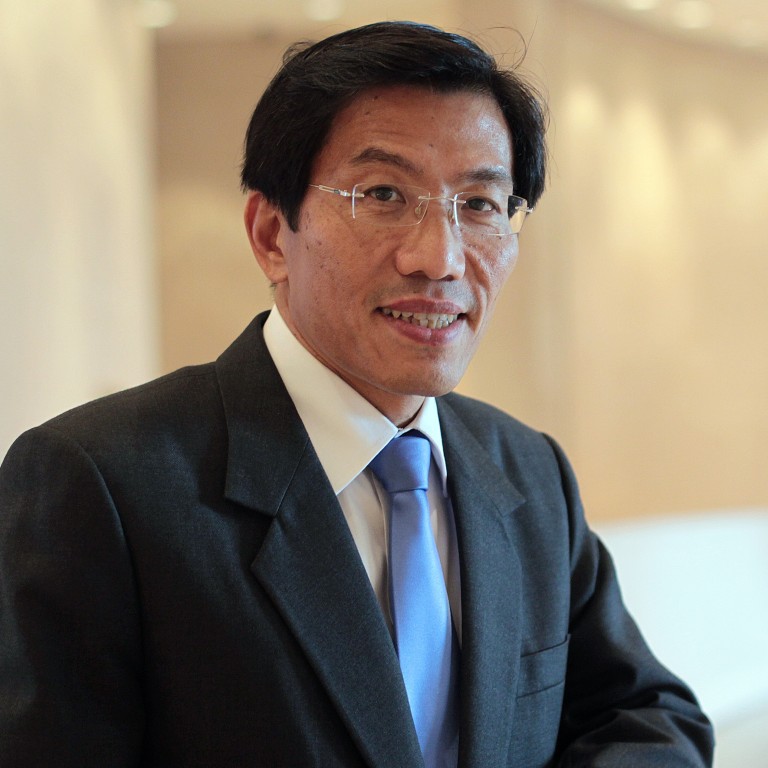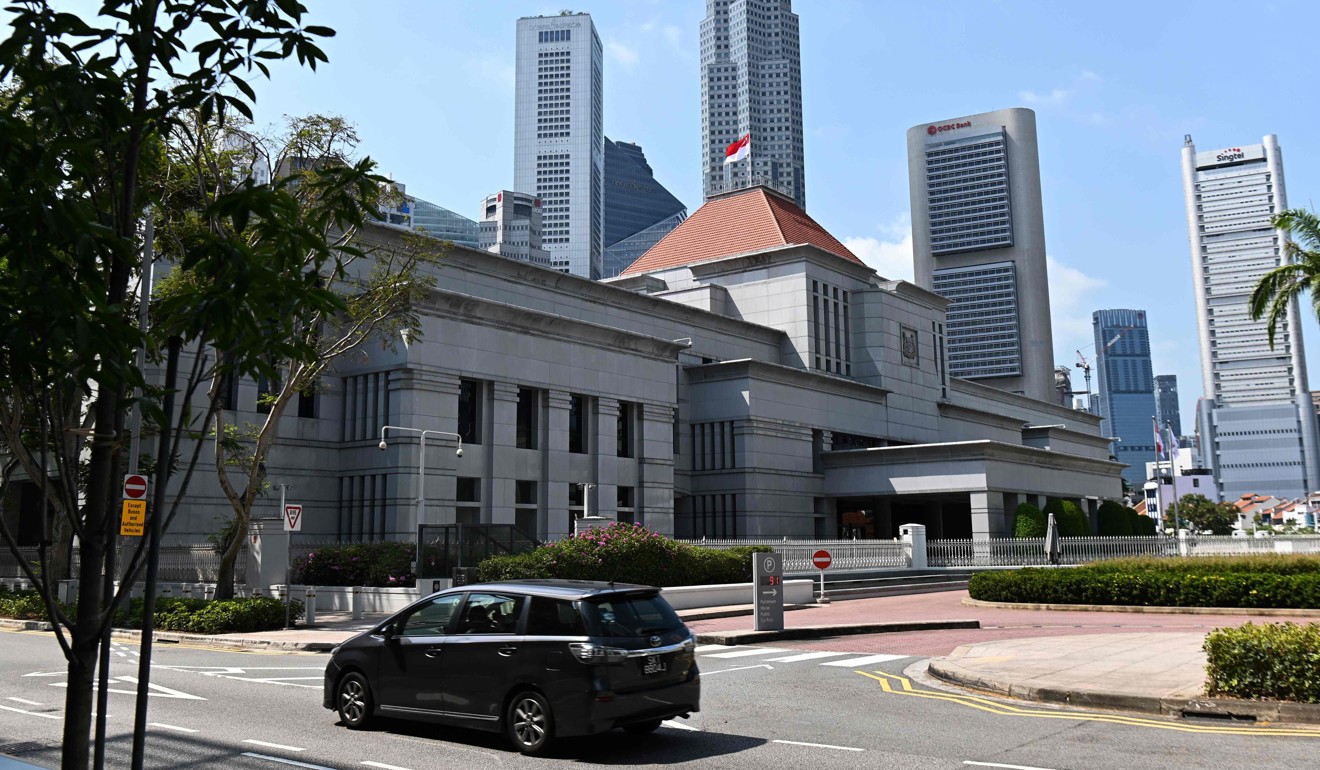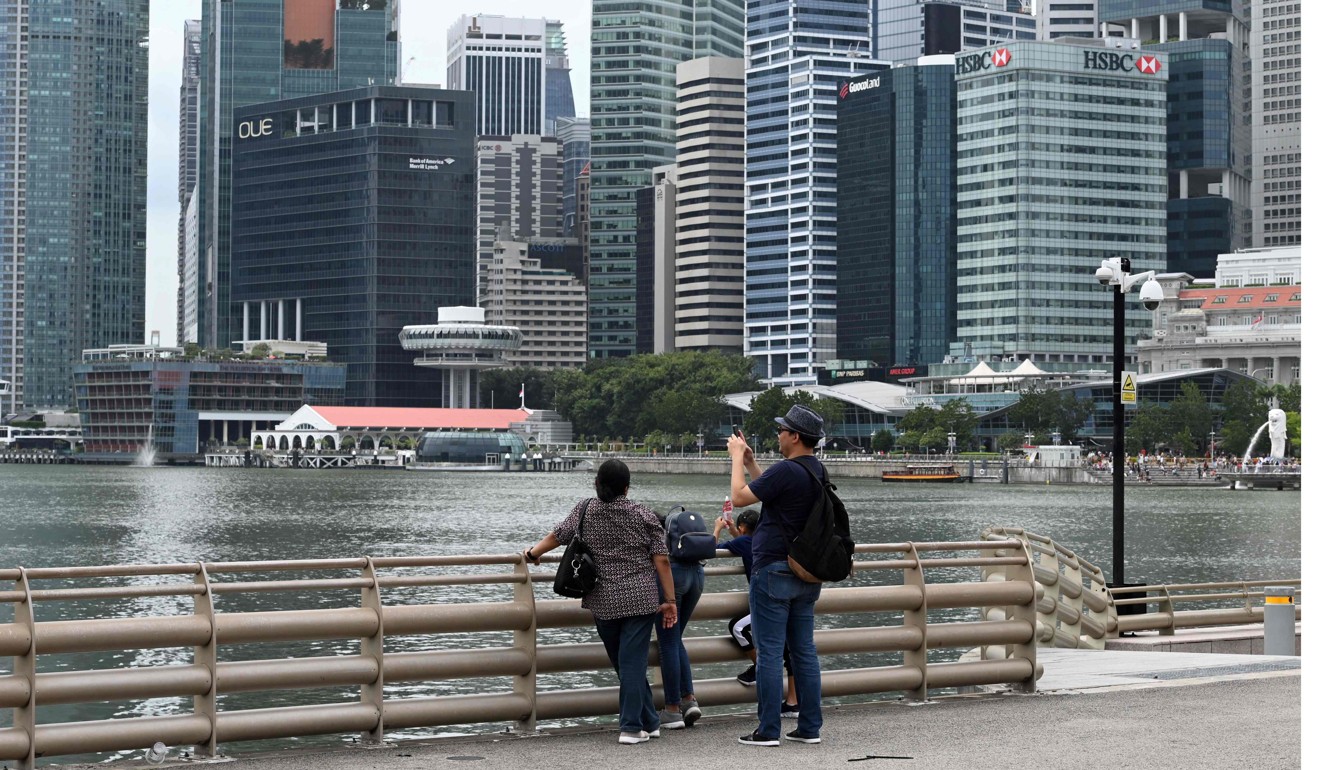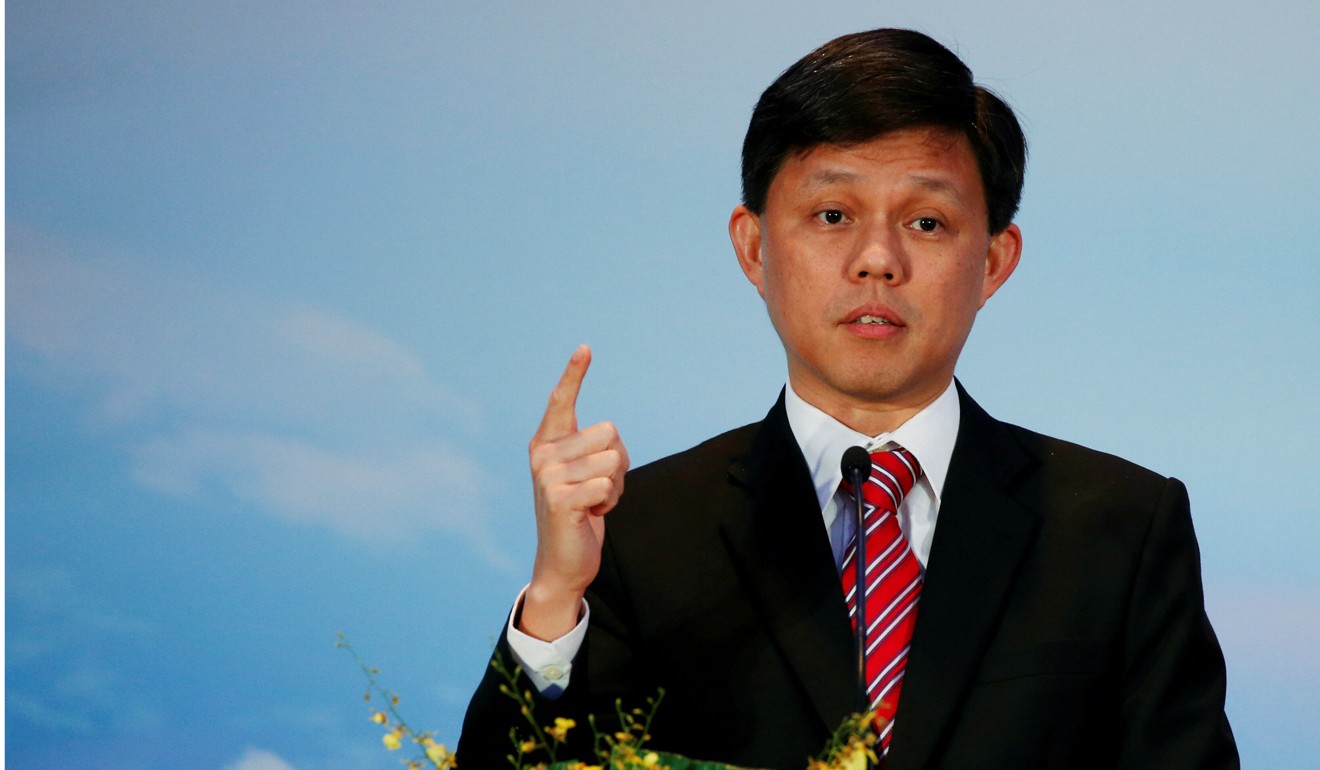
Singapore’s SDP loses bid for first challenge against fake news law to be heard in open court
- The Protection from Online Falsehoods and Manipulation Act (Pofma) has been invoked four times, primarily on opposition parties
- SDP secretary general Chee Soon Juan said it is ‘disappointing’ that the case is being heard in chambers and not open to the public or media
The case was heard in chambers – meaning it was closed to the public and media – despite the Singapore Democratic Party’s application for it to be heard in open court.

SDP secretary general Chee Soon Juan said Justice Ang Cheng Hock’s decision to hear it in chambers was “very disappointing” given the “immense public interest” in the topic.
Pofma appeals must be brought by originating summons, which means the cases are by default heard in chambers. The judge can convert the originating summons into a writ action for it to be heard in open court.
Deputy Attorney General Hri Kumar Nair SC argued for the government that just because this was the first case under Pofma to be heard in court did not mean it had to be open to the public, and there has to be a special reason for that to happen. “The test is not public interest,” he said.
“I did submit that as far as the arguments in this case are concerned, the underlying facts are really not in dispute, right? Both parties are relying on the same MOM (Ministry of Manpower) statistics. No one is saying that those statistics are wrong, so the issue before the courts is quite a narrow one,” he said.
Both Facebook posts linked to the SDP’s June article stating that a rising number of Singaporean professionals, managers, executives and technicians (PMETs) are being laid off. The posts included infographics showing falling employment and rising unemployment of local PMETs.
Singapore’s fake news law: protecting the truth, or restricting free debate?
As court broke for lunch, Chee told the media that the Ministry of Manpower could just release data on Singaporean PMET employment and unemployment rates to “solve all this is heartache and going back and forth”.
“You want to show categorically, indisputably that that is a false statement of fact – produce the data,” Chee said.

SDP chairman Paul Tambyah added their posts were “a reasonable interpretation of the available data”.
“Our statement was simply that Singaporean PMET employment has gone down, and that statement is the statement that people in their lived experiences experience – everybody has a friend or a cousin or brother who has lost their job and has been displaced by somebody who’s willing to work for lower wages and is not necessarily more qualified.
Facebook urges Singapore government to respect ‘free expression’
“It’s a qualitative experience of every Singaporean family, and it’s backed up by inferences based on the data that we have. We don’t have the actual data on how many Singaporean PMETs are employed over that period of time because that data is with MOM, and they have not released that data. So what we’re doing is we’re looking at resident figures, we’re looking at the proportion of permanent residents, we’re trying to calculate based on employment pass holders, and it’s complicated,” Tambyah said.
Nair declined to comment on Thursday as the arguments were still being made.
The hearing will resume on Friday with the SDP making its submissions, before Nair presents his.

Meanwhile, at a media briefing on Thursday morning, Minister of Trade and Industry Chan Chun Sing revealed that 85 per cent of the local workforce is Singaporean.
Chan said 60,000 jobs for Singaporeans and permanent residents were added between 2015 and 2018, of which 50,000 went to Singaporeans.
He also reassured Singaporeans that the bulk of the 32,814 jobs to be created in the next three to five years from investment commitments in Singapore last year will go to Singaporeans.

